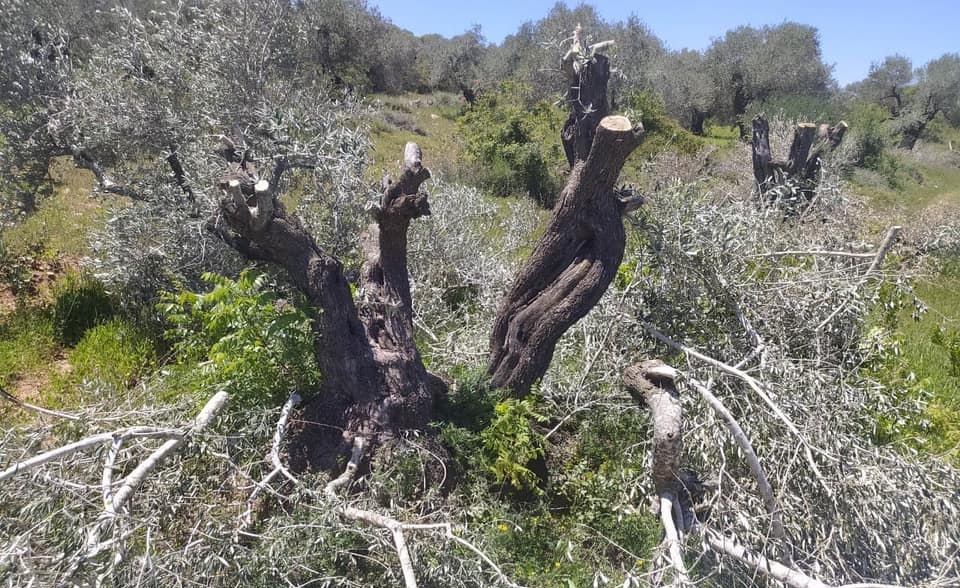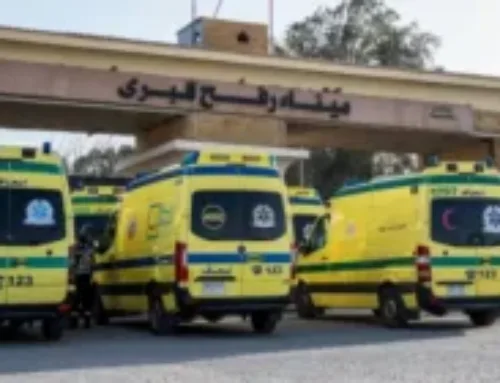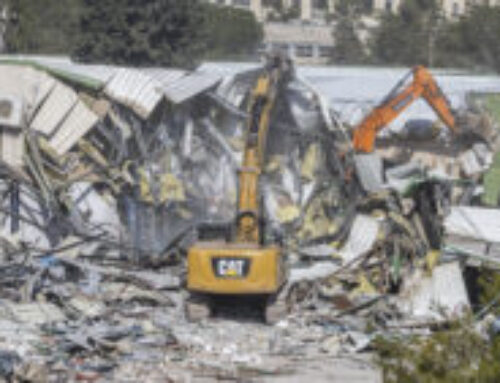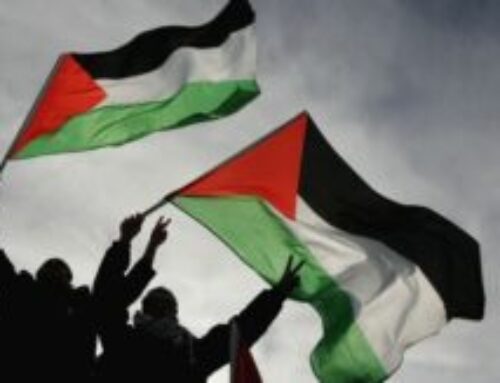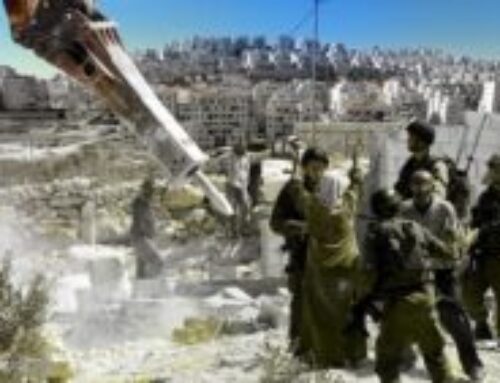In yet another scene from the ongoing series of violations, the attacks no longer target only people and homes — they now extend to trees and water sources, in a systematic policy aimed at draining the foundations of Palestinian resilience and dismantling the infrastructure of daily life.
Uprooting the Land: Settlers Cut Down Olive Trees
In the village of Jalboun, east of Jenin, settlers — under the direct protection of Israeli occupation forces — cut down dozens of olive trees in the southeastern area of the village on Monday, according to Ibrahim Abu Al-Rub, head of the village council.
The targeted area, spanning approximately 130 dunams near the apartheid wall, is off-limits to locals, making it easier for settlers to commit their crimes with impunity.
In Palestine, the olive tree is not merely agricultural — it is a symbol of steadfastness and identity. Its destruction is an assault on collective memory and the deep-rooted bond to the land.
This crime forms part of a broader campaign targeting agricultural lands, aiming to push Palestinians toward despair and forced displacement.
Water Under Siege: Settler Attacks Shut Down Ein Samia
In a parallel crime with catastrophic implications, the Jerusalem Water Authority announced Monday a complete shutdown of pumping operations from wells and water stations in the Ein Samia area, east of Kafr Malik near Ramallah, due to escalating settler assaults on vital infrastructure.
The attacks directly targeted electricity networks, pumping equipment, communication systems, and surveillance cameras — leading to the total loss of technical and administrative control over the water system, according to an official statement by the Authority.
This disruption paralyzes water supply to over 70,000 Palestinians in northern and eastern Ramallah and Al-Bireh governorate, sparking warnings of an impending humanitarian disaster that could deprive thousands of their fundamental right to water.
Ein Samia: A Deliberate Strategic Target
Ein Samia is not just another water source; it is one of the most crucial aquifers in the region, containing five active wells with depths ranging from 100 to 500 meters, producing around 12,000 cubic meters of water daily — or 17% of the daily supply of the Jerusalem Water Authority.
These wells directly serve 19 population centers including Deir Dibwan, Kafr Malik, Silwad, Al-Taybeh, Al-Mazraa Al-Sharqiya, Al-Mughayyir, Turmus’ayya, and Sinjil — as well as 14 additional communities through the Ramallah station, including Birzeit, Jalazone Refugee Camp, Abu Qash, and Kobar. The total number of beneficiaries from Ein Samia is estimated at around 110,000 Palestinians.
An Urgent Appeal and the Call for International Protection
Facing this escalating threat, the Jerusalem Water Authority has issued an urgent appeal to local and international human rights bodies to intervene and halt these aggressions, calling for international protection of Palestinian water sources and serious pressure to end the systematic sabotage endangering the water security of hundreds of thousands.
What is happening in the West Bank today is a silent war on life itself. The usurping entity employs collective punishment through deliberate acts of sabotage and deprivation. Olive trees are cut down, water is dried up, and Palestinians are left to survive without the basic means of existence.
These are not isolated incidents — they form part of a broader campaign of environmental and human cleansing aimed at erasing the Palestinian presence from its land, its water, and even its air.
The question remains: How much longer will the world stands by, watching these crimes unfold without taking a stand that restores even a fraction of Palestine’s stolen justice?

